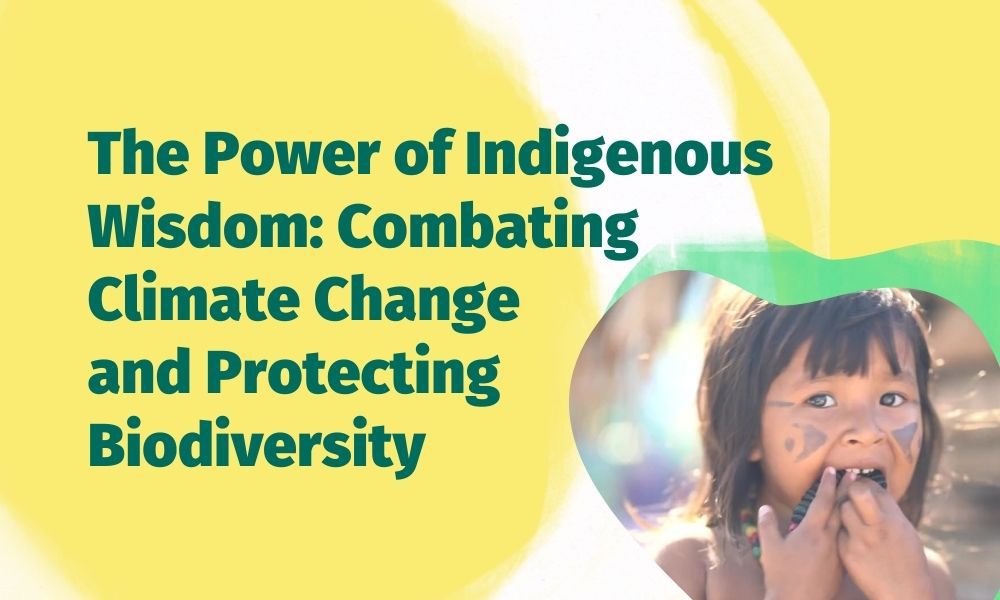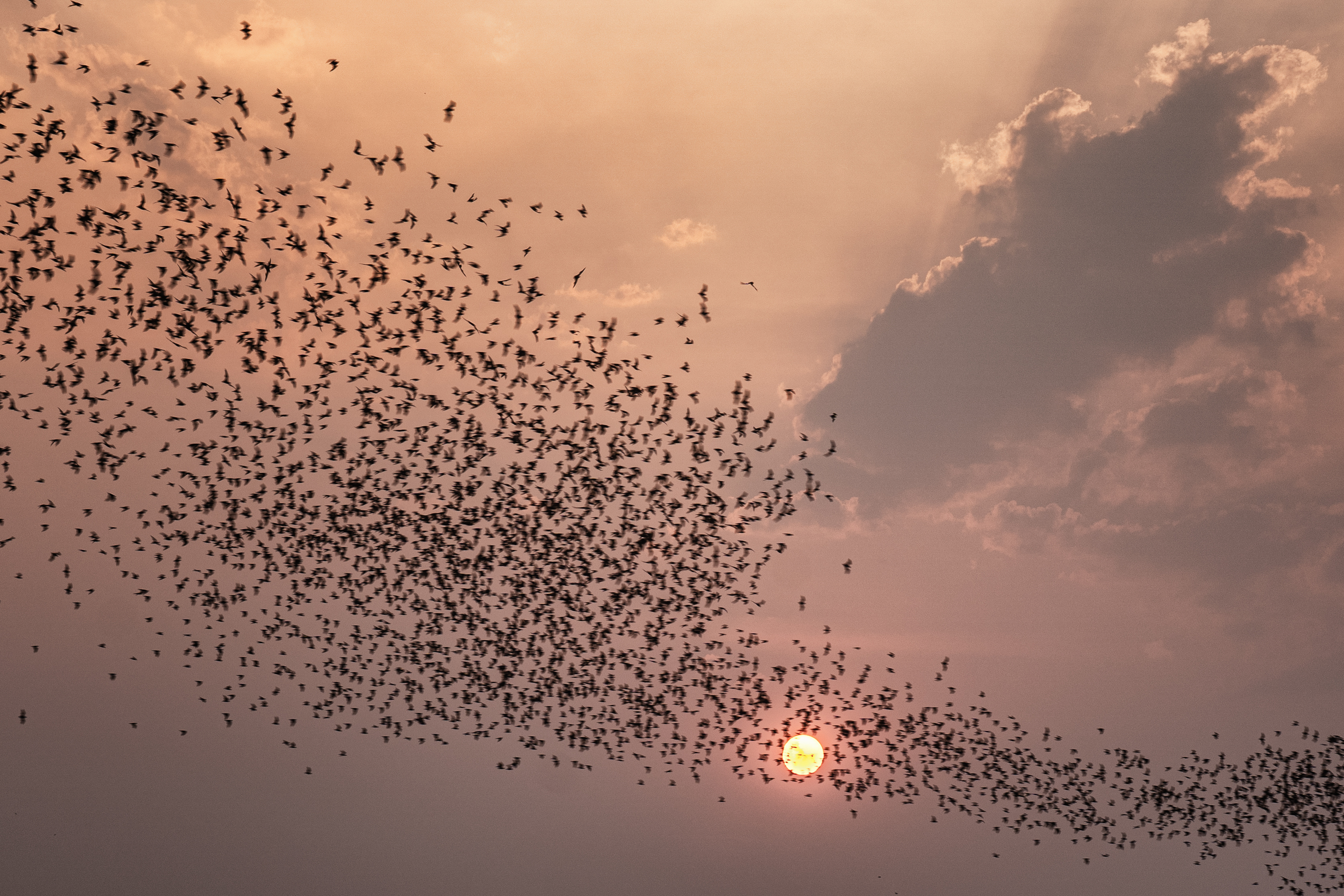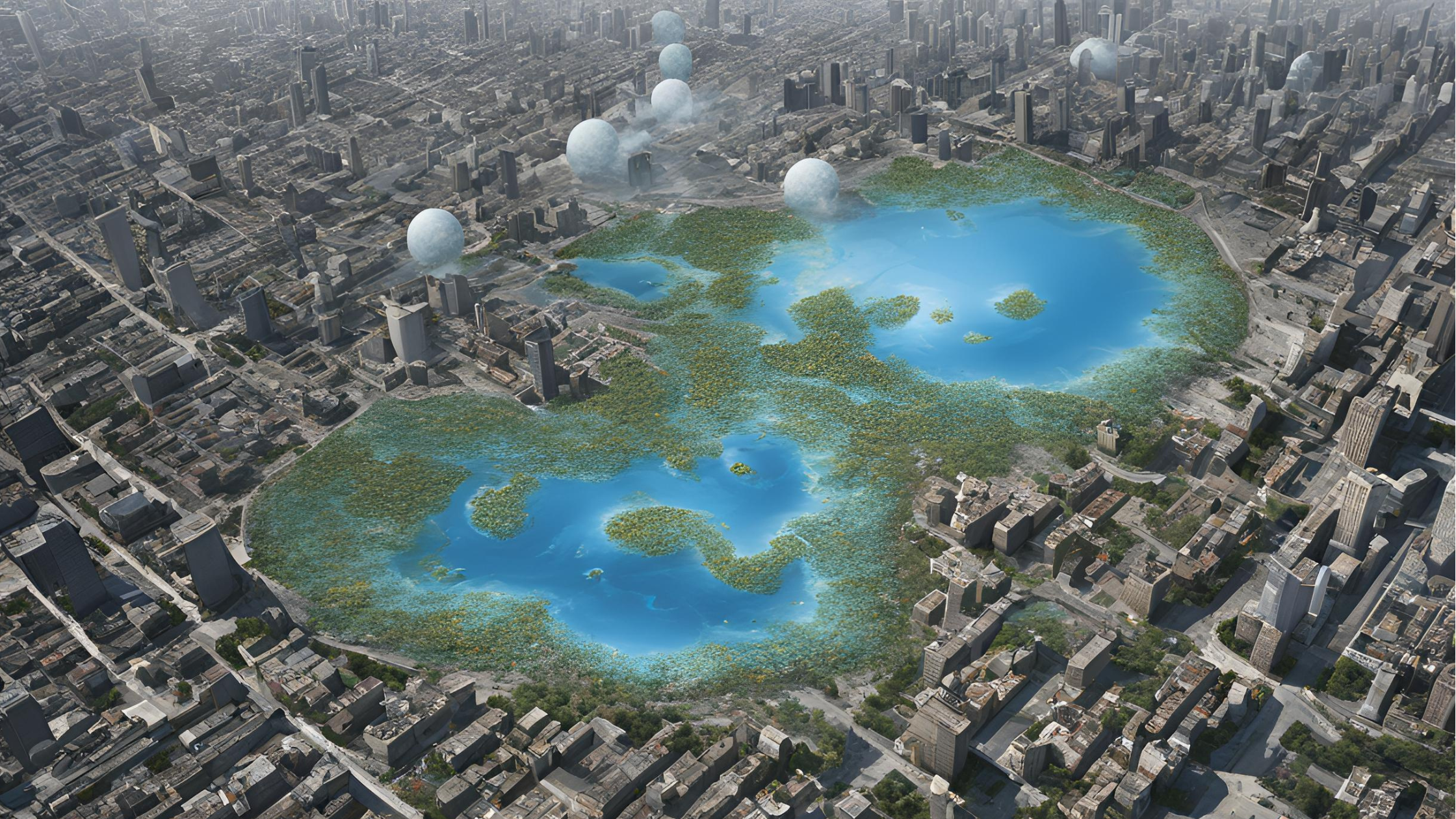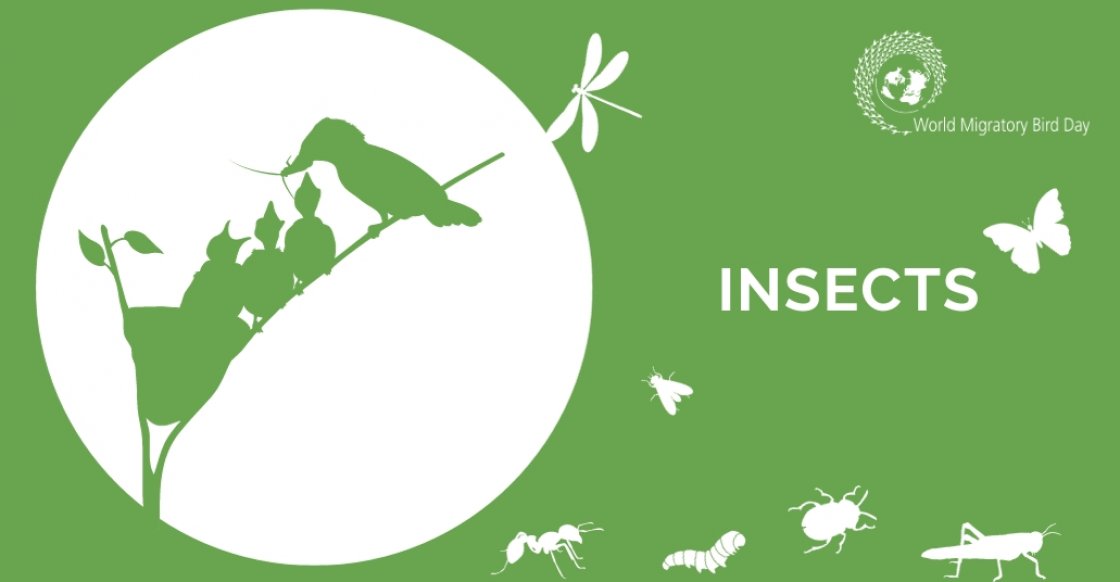The Power of Indigenous Wisdom: Combating Climate Change and Protecting Biodiversity
International Day of the World's Indigenous Peoples
Climate change and biodiversity loss are urgent challenges. To find solutions, we can learn from indigenous peoples who have lived in harmony with nature for generations.

Their wisdom can help us tackle climate change and safeguard our planet's biodiversity.
Traditional Ecological Knowledge (TEK) and Climate Action:
Indigenous communities have valuable Traditional Ecological Knowledge (TEK) passed down through generations. This knowledge helps us understand ecosystems, climate patterns, and sustainable resource management. By adopting their practices like rotational farming and agroforestry, we can reduce emissions and protect the environment.
Preserving Biodiversity through Indigenous Stewardship
Indigenous people are guardians of critical ecosystems like forests and wetlands. Respecting their rights and involving them in conservation efforts can help protect endangered species and their habitats. Their knowledge of medicinal plants is also vital for modern medicine.
Indigenous Wisdom for Resilient Adaptation
Indigenous communities have faced environmental changes and developed resilience. We can learn from them to adapt to climate challenges. Their innovative techniques, like building flood-resistant homes and drought-resistant agriculture, can benefit everyone.
In BCOMING
Ethic groups inhabit our biodiversity hotspots. Cambodia is home to 24 different Indigenous people who speak at least 19 indigenous languages. They constitute approx. 1.1 - 3% of the national population. In Ivory Coast there are more than 60 indigenous ethnic groups, with the Akan community being the most dominant.
Despite the re-occurring global environmental problems, indigenous communities have historically faced significant challenges when dealing with infectious diseases. Enhancing our collaborative efforts and protecting their well-being by including them in our participatory approaches is crucial. Raising awareness and participation of indigenous and local communities in preventing pandemics is vital to increasing biodiversity conservation and recovery opportunities.
By respecting their knowledge and involving them in our efforts, we can create a more sustainable and diverse world for all.
#WeareIndigenous




